Silken Pu’erh by DavidsTea
Pu’erh Tea / Straight
$7.98 for 50g
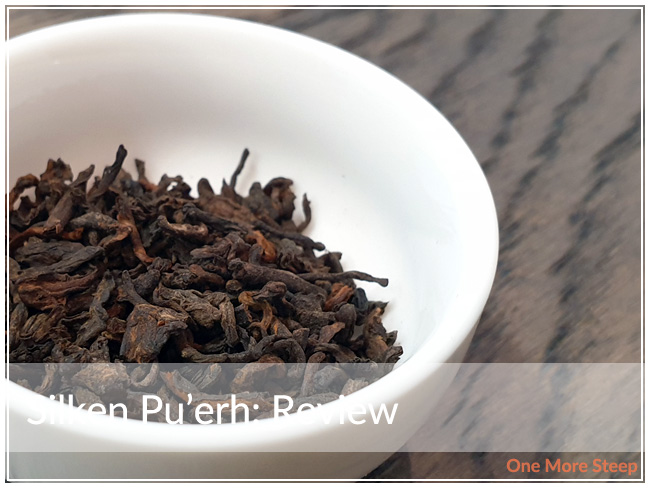
First Impressions
DavidsTea’s Silken Pu’erh is an organic pu’erh tea from Yunnan Province, China. The tea comes in a familiar sealed, resealable foil pouch with a coloured label on the front. I bought this tea on a whim, mostly because I realized that I haven’t had a lot of experiences with pu’erh teas so I wanted to give it a whirl.
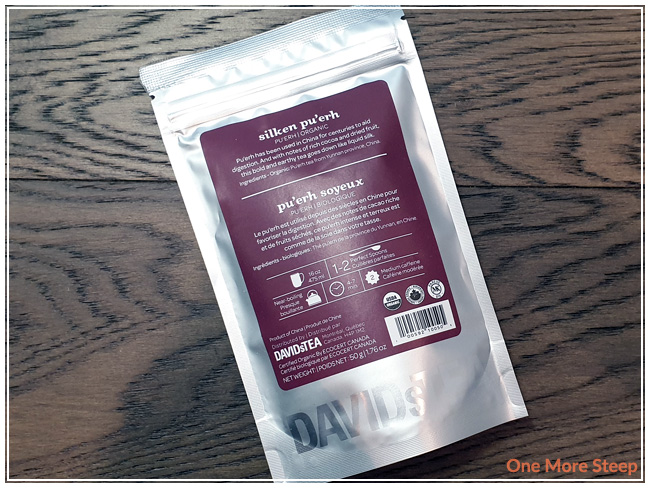
The leaves are a range from deep reddish brown to chocolate brown shades. There’s a definite earthy aroma to the tea, and just a light little bit of sweetness when sniffing the dry leaf. It definitely intrigues me enough to steep it.
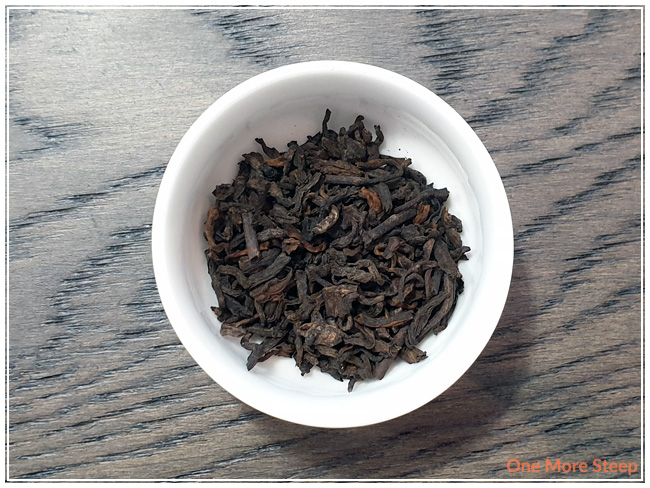
Preparation
DavidsTea recommends steeping Silken Pu’erh at 95°C (200°F) water for 4 to 5 minutes (as per their product page) or 4 to 7 minutes (as per the product label). Confusing? Just a bit! I opted to do an initial steep for 5 minutes.
First Taste
Silken Pu’erh steeps to a nice golden orange colour after the initial 5 minute steep. I found that there was an earthy aroma to the steeped tea as well. On taste though, I noticed that the tea is smooth – there’s a pleasant sweetness that lingers that reminds me of the flavour of young jackfruit. It balances well against the earthy notes that do remind me a bit of cocoa nibs, but without the obvious chocolate flavour. With the 5 minute steep, I noticed zero astringency or bitterness.
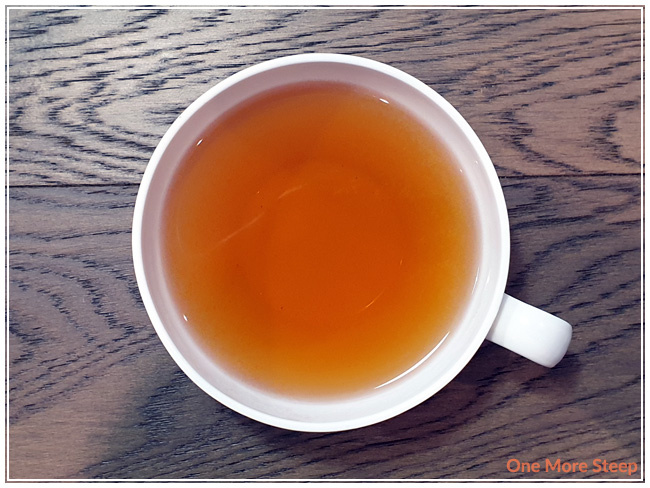
A Second Cup?
I resteeped Silken Pu’erh six times (seven steeps total), adding an additional 30 seconds for each subsequent steep. I found that the tea got much darker very quickly as I resteeped the tea. The flavour profile stayed consistent with each subsequent steep and it was very pleasant to drink as it was very smooth and went down easy.
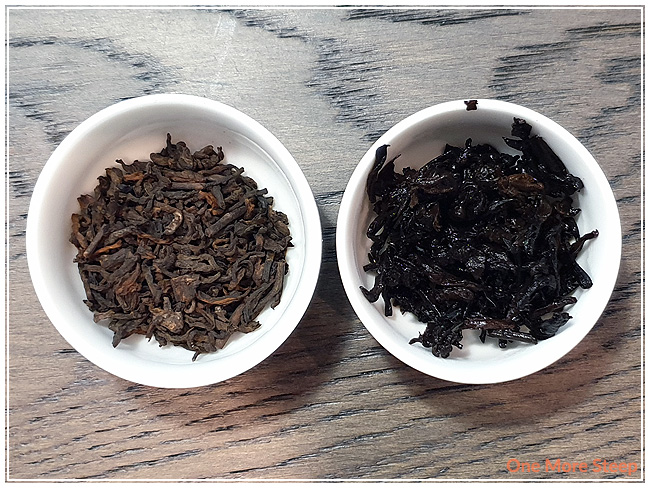
My Overall Impression
![]()
I loved DavidsTea’s Silken Pu’erh. I really enjoyed the flavour profile of this tea – the earthy qualities balanced very well against the flavours of young jackfruit. I liked that I was able to resteep the same leaves multiple times and get some deeper flavours out of the leaves and that it was an easy tea to drink. It reminded me a lot of going out for dimsum with my family because pu’erh is a very common tea to be offered at dimsum, so it made for a nice experience and I think it would pair very well with savoury food.
Curious about the cup rating system? Click here to learn more.